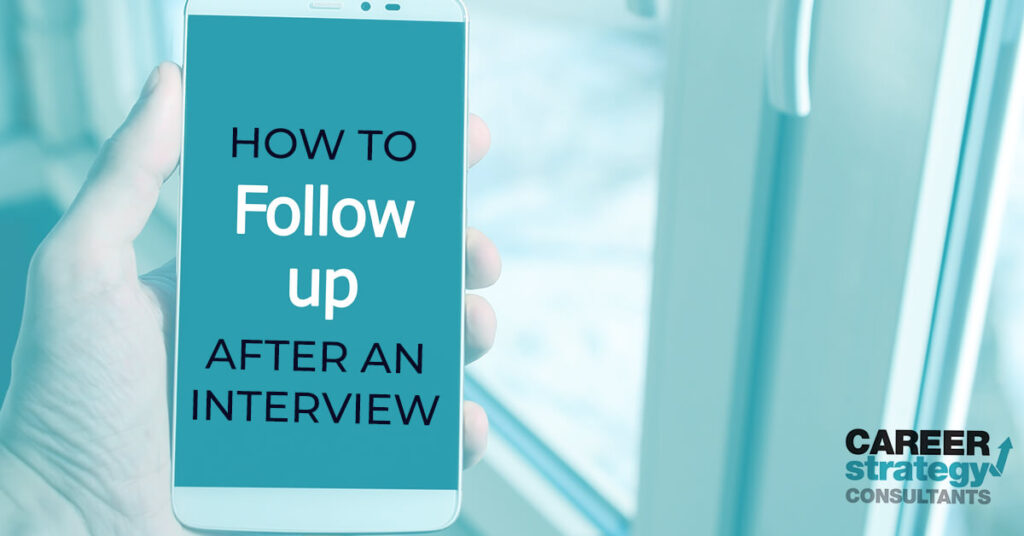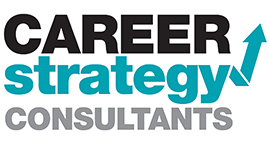How to Follow Up After an Interview


There’s a lot of advice out there on what to do before and during an interview, but few people ever talk about what happens after the interview.
While you’re still fresh on the hiring team’s mind, it might be the best time to follow up with the hiring manager or recruiter.
To avoid bothering the interviewer or appearing as a nuisance, you can ask for an approximate timeframe for hearing back and determine the appropriate person to contact if you don’t receive an update or have any changes in your status (such as another job offer or rescinding interest).
Once this information is confirmed, the following best practices below will guide you on how to appropriately follow up with them.
1. Send a Thank You note
Showing your appreciation for the time they invested in you and the process helps solidify their vision of you as a candidate. This is also a great opportunity to include any questions or details that need to be answered or clarified from the interview and reiterate why you believe you would succeed in the role. This is your last chance to make a positive impression on them before the hiring process gets moving. A small gesture goes a long way!

2. Follow up with your contact if you fail to receive an update
If you don’t hear back from them in the timeframe that was discussed or if they aren’t able to provide an update, send another email following up on your interest in the role and confirm that you can continue to market yourself as a potential candidate until you have been notified otherwise. It’s okay to inquire about updates and ask about any changes in status, but be sure not to overdo it.
If you’re a new contact, they will be excited to hear from you and they will want to take the time to speak with you.
Remember to keep the tone positive, even if you’re feeling a bit nervous. You don’t want anyone on the hiring team to think that your feelings are hurt or that you’re not capable of moving on.
It’s okay for candidates to follow up by phone or email with this type of message: “I really enjoyed meeting with you. I understand how busy you are so I wanted to check in and see if there is anything I need to know before your decision is made.”
3. Refrain from messaging multiple people on the team
It’s important to reach out to only the person who initially got in touch with you, or at most the hiring manager if they can’t be reached. Hiring managers are very busy people and they tend to get overwhelmed with email messages, which can potentially deter them from responding at all. This is why it’s best to get in touch with them directly and to make it a point to send one message, not multiple messages or emails that follow up your first message.
4. Avoid making a negative impression
Even if you’re not selected for the opportunity or to move on in the interview process, it’s always best to remain professional and respectful. Keep your comments positive, even if you’re struggling with being disappointed.
Avoid any negative comments about the company or the hiring team by keeping your response brief and polite. Like a professional athlete, you will want to end on a high note. It’s better to leave them wanting more rather than risk leaving a bad impression before they have even had the chance to make their decision. You don’t want them to think that you will be someone who does nothing but complain about a poor experience.
5. Use these points for closure:
With the exception of your negative comments about the company or hiring team, try to end on a positive note and keep your message short and concise. You might want to include one of these statements in your reply:
- “I would love to hear from you as soon as possible if this position is no longer available.”
- “I look forward to hearing back from you. If you’re able to provide me with an update, I would be happy to market myself as a potential candidate.”
- “I look forward to hearing back from you soon. If you’re unable to provide me with an update, I will follow up with you again after the hiring process has concluded.”
While it’s extremely unfortunate and unprofessional, it’s not uncommon to find yourself being ghosted by the company or interviewer. In these moments, it’s important to keep your composure, as it’s easy to allow disappointment to become frustration, and frustration to become anger. Remember that you’re being considered for a job opportunity and that it’s not going to be the best fit for everyone.

A previous candidate might have been more qualified or better suited for the job but that doesn’t mean you weren’t a great (and potentially better) candidate. It can also be very difficult to uncover an accurate reason for the delayed response or lack thereof and there may be changes being made internally that have resulted in the disorganization.
Keep in mind that the hiring process is never perfect, even for top-level candidates in highly sought-after positions, so be sure to keep your concerns professional and respectful. There will always be another opportunity and there are always other companies out there looking for talent. Follow these guidelines to help you make the best decisions for your career moving forward.

More Than Just Staffing
For Employers
For Individuals
